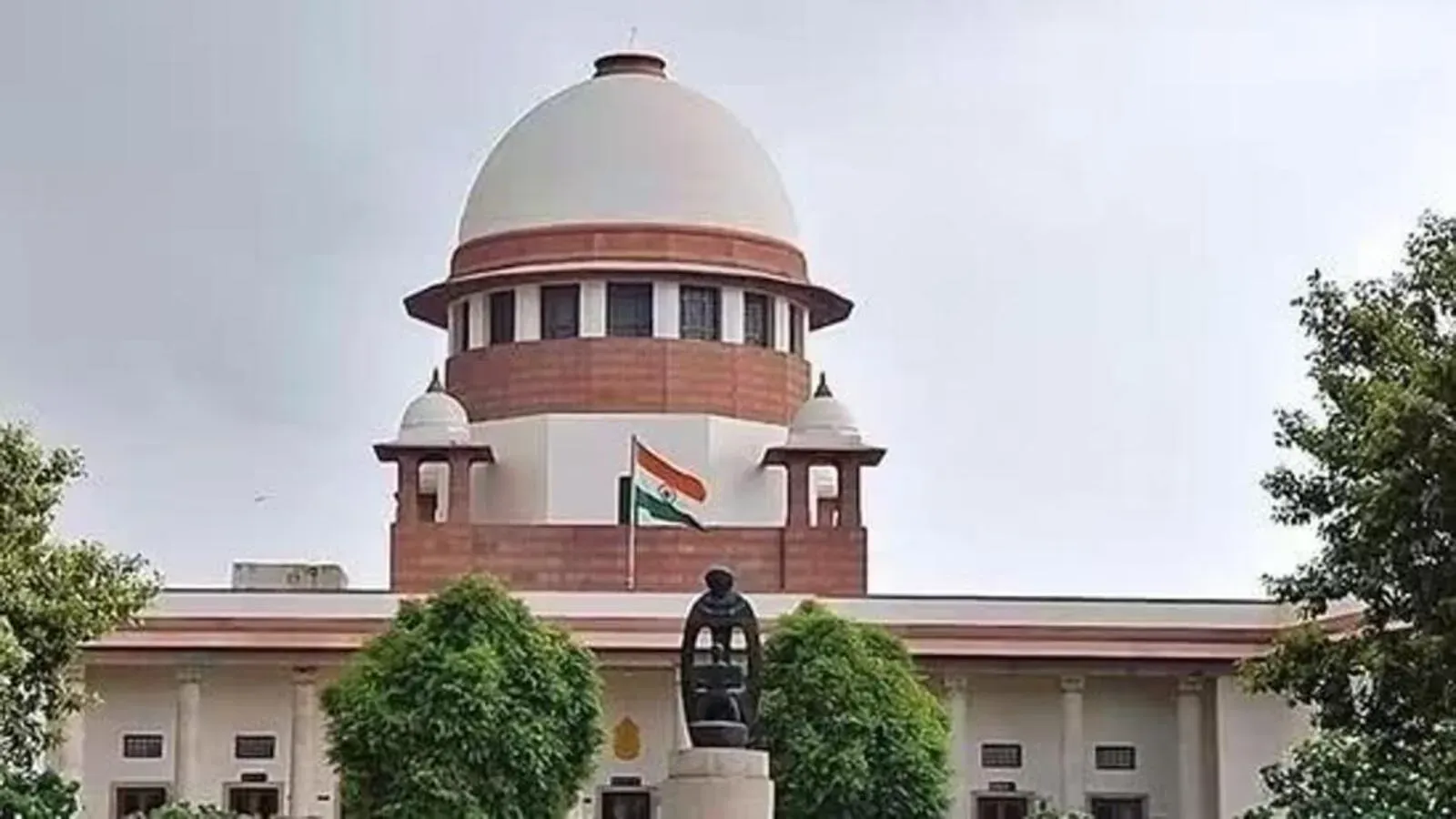The Supreme Court of India has ordered a Central Bureau of Investigation (CBI) inquiry into a concerning case involving the filing of a fake petition by a lawyer without the client's knowledge. This incident raises significant questions regarding ethics in the legal profession, the integrity of judicial processes, and the mechanisms available for addressing such misconduct. The ruling emphasizes the need for accountability within the legal system and reaffirms the commitment to protecting clients' rights.
Background of the Case
The controversy began when a petition was submitted to the Supreme Court, purportedly on behalf of a client who had no knowledge of its filing. The petition addressed matters that were significant enough to warrant attention from the highest court, yet the client was completely unaware of its existence or the claims it contained. Upon discovering this irregularity, the affected client brought the matter to the court's attention, prompting immediate concern over the implications of such unethical practices within the legal profession.
This incident highlights a serious breach of trust between a lawyer and their client, undermining the foundational principle of client representation. The Supreme Court recognized the gravity of the situation, given the potential impact of such fraudulent actions on the justice system.
Supreme Court's Response
In response to the allegations, the Supreme Court acted swiftly, emphasizing the necessity for a thorough investigation. The bench underscored that the integrity of the legal profession is paramount, and any actions that compromise this integrity must be addressed decisively. The court’s decision to refer the matter to the CBI indicates the seriousness with which it views the allegations of malpractice and fraud.
The court’s stance reflects a broader commitment to maintaining the sanctity of legal proceedings and ensuring that such unethical behavior does not go unchecked. By ordering a CBI probe, the Supreme Court aims to ensure that those responsible for this misconduct are held accountable.
Implications for the Legal Profession
The ruling serves as a significant reminder to legal practitioners about the ethical responsibilities they bear towards their clients. It highlights the critical importance of transparency and consent in legal representation. Lawyers are expected to act in their clients' best interests, and any deviation from this duty can lead to severe repercussions, including legal action and professional disqualification.
Moreover, the incident raises concerns about the mechanisms in place to monitor and regulate legal practitioners. The court’s intervention underscores the need for stronger oversight to prevent similar occurrences in the future. This situation has catalyzed discussions within the legal community regarding the establishment of clearer guidelines and ethical standards to safeguard client rights and maintain the profession’s integrity.
The Role of the CBI
The CBI has been tasked with investigating the circumstances surrounding the filing of the fake petition. This involves examining the actions of the lawyer involved, as well as any potential collusion with other parties. The investigation aims to uncover the motivations behind the fraudulent petition and whether it was part of a larger pattern of unethical behavior.
The Supreme Court's decision to involve the CBI also underscores the seriousness of the allegations. Given the agency's mandate to handle high-profile cases and its experience in investigating corruption and fraud, the court believes that the CBI is well-equipped to address the complexities of this case. The investigation will likely focus on ensuring that justice is served and that any legal repercussions for the accused lawyer are appropriately administered.
Protecting Client Rights
At the heart of this case is the issue of client rights and the sanctity of the attorney-client relationship. The Supreme Court’s intervention aims to restore confidence in the legal system by reinforcing the principle that clients must be informed and consenting participants in any legal action taken on their behalf. The fraudulent filing of a petition without the client’s knowledge is a direct violation of these rights and poses a threat to the fairness of legal processes.
The court’s ruling also opens the door for discussions on broader reforms aimed at protecting clients from similar abuses in the future. This could include increased transparency requirements for lawyers, stricter penalties for unethical behavior, and improved systems for clients to report grievances against their legal representatives.
The Broader Legal and Ethical Context
The incident reflects deeper systemic issues within the legal profession, including the need for robust mechanisms to address misconduct. As the legal landscape evolves, there is a pressing need for continuous reflection on ethical standards and accountability measures to ensure that the profession retains public trust.
The Supreme Court's ruling serves as a catalyst for necessary conversations about ethics in law, reminding practitioners of their duty to uphold the law and represent their clients faithfully. It also reinforces the idea that accountability is crucial not only for maintaining the integrity of the legal profession but also for fostering public confidence in the judiciary as a whole.
Conclusion: A Call for Accountability and Reform
In conclusion, the Supreme Court's order for a CBI investigation into the filing of a fake petition underscores a critical moment in addressing unethical practices within the legal profession. The court's decisive action reflects its commitment to protecting client rights and upholding the integrity of the judicial process.
As the CBI proceeds with its investigation, the legal community and the public alike await the outcomes and implications of this case. The incident serves as a wake-up call for the profession, highlighting the need for ongoing reforms, increased accountability, and a reaffirmation of the ethical standards that govern legal practice.
This case not only seeks justice for the affected client but also aims to instigate a broader discourse on the ethical responsibilities of lawyers and the mechanisms needed to protect clients from malpractice. The Supreme Court’s intervention is a significant step towards ensuring that the legal profession remains a bastion of integrity and trust in society, ultimately strengthening the rule of law in India.










0 Comments
Thank you for your response. It will help us to improve in the future.